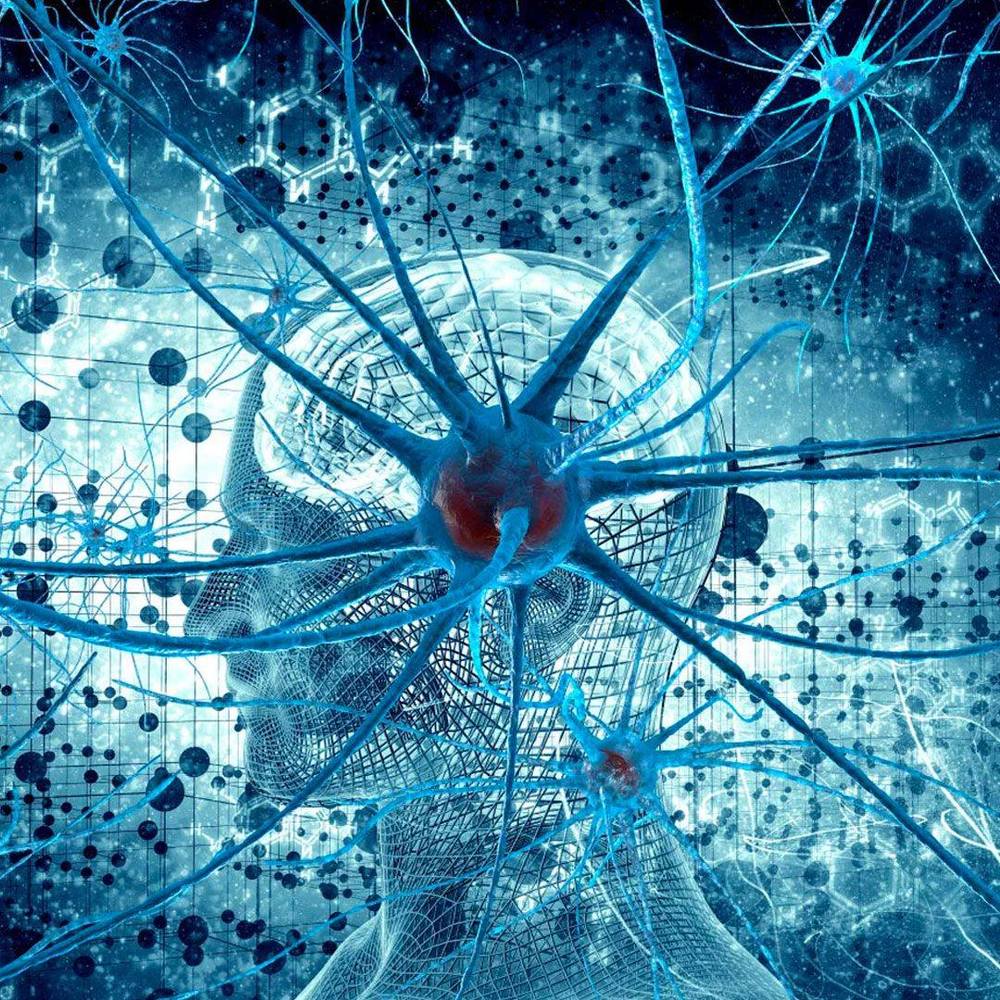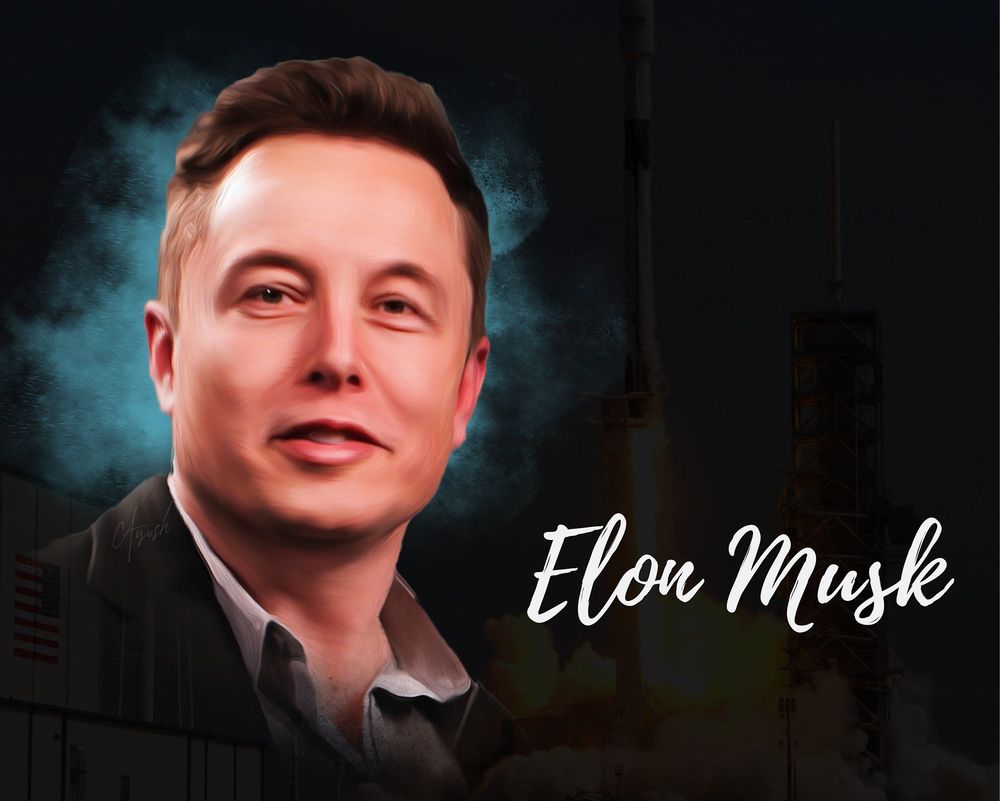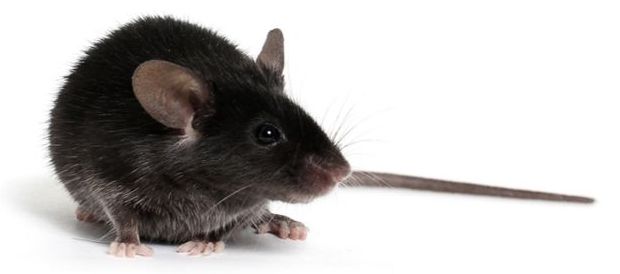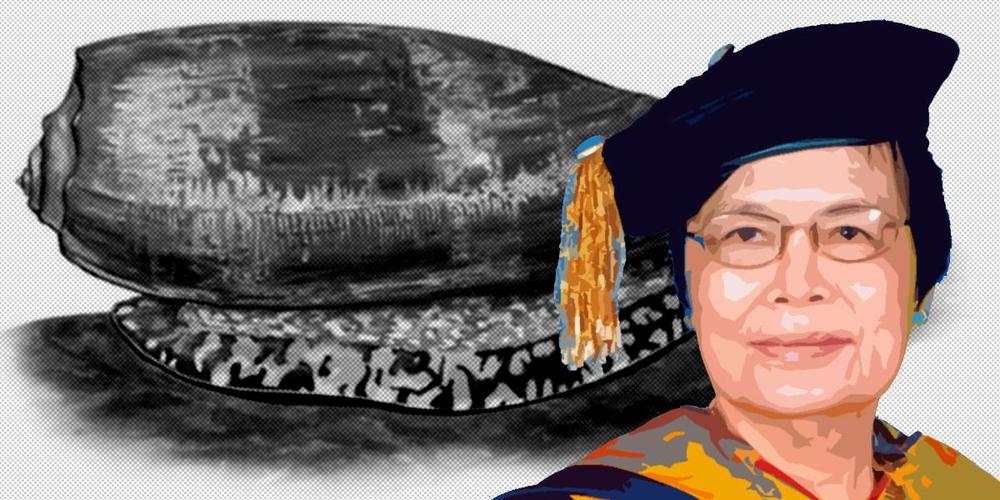Page 8570
Jun 29, 2019
Happy 47th birthday Elon Musk, who has founded/led seven companies since he was 24 years old
Posted by Michael Lance in categories: Elon Musk, neuroscience, space travel, sustainability
Age 45: Boring Co ($113M) Age 45: Neuralink ($27M) Age 44: OpenAI (nonprofit) Age 32: Tesla ($59B) Age 30: SpaceX ($30B) Age 28: PayPal ($1.5B) Age 24: Zip2 ($307M)
Pc: unknown.
Jun 29, 2019
Samsung’s Creepy New AI Can Generate Talking Deepfakes From a Single Image
Posted by Shailesh Prasad in categories: information science, robotics/AI
Our deepfake problem is about to get worse: Samsung engineers have now developed realistic talking heads that can be generated from a single image, so AI can even put words in the mouth of the Mona Lisa.
The new algorithms, developed by a team from the Samsung AI Center and the Skolkovo Institute of Science and Technology, both in Moscow work best with a variety of sample images taken at different angles – but they can be quite effective with just one picture to work from, even a painting.
 (Egor Zakharov)
(Egor Zakharov)
Jun 29, 2019
One month after launch, all but three of SpaceX’s 60 Starlink satellites are communicating
Posted by Genevieve Klien in category: satellites
Jun 29, 2019
Google’s six rules for great data design
Posted by Genevieve Klien in category: materials
Jun 29, 2019
16 dog food brands may cause heart disease in pets, FDA warns
Posted by Genevieve Klien in categories: biotech/medical, food
Regulator says certain types of pet food are more frequently connected to heart disease in dogs, but why is unclear.
Jun 29, 2019
Announcing a New Mission to Saturn’s Largest Moon on This Week @NASA
Posted by Alberto Lao in category: space travel
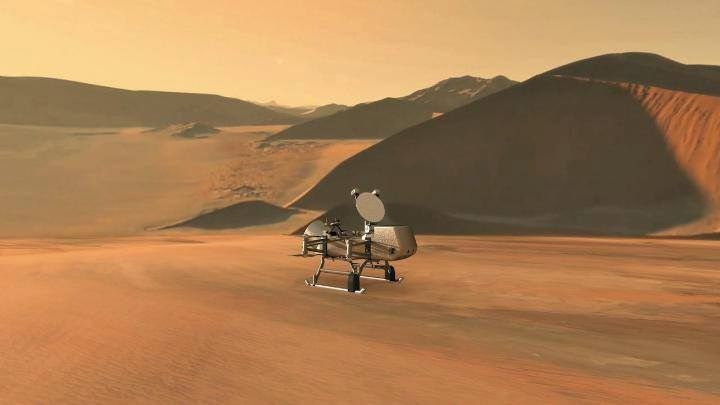
This week: 🚁 A new mission to Saturn’s largest Moon Titan 🚀 Launching new missions & landing astronauts…on the same night!
🎛️ Restoring the glory to the Apollo Mission Control Room.
There are a few of the stories to tell you about on the latest episode of This Week at NASA! Watch:
Jun 29, 2019
Anti-Alzheimer’s Protein Complex Identified
Posted by Steve Hill in categories: biotech/medical, life extension, neuroscience
A new mouse study highlights the proteins responsible for LC3-associated endocytosis (LANDO), an autophagy process that is involved in degrading β-amyloid, the principal substance associated with Alzheimer’s disease.
Proteostasis
Proteins in the human brain can form misfolded, non-functional, and toxic clumps known as aggregates. Preventing these aggregates from forming, and removing them when they do, is a natural function of the human body, and it is known as proteostasis. However, as we age, this function degrades, and loss of proteostasis is one of the hallmarks of aging. The resulting accumulation of aggregates leads to several deadly diseases, one of which is Alzheimer’s.
Jun 29, 2019
The Pinay whose work revealed a deadly snail to be a medical wonder
Posted by Alberto Lao in category: biotech/medical
Meet National Scientis Dr. Lourdes J. Cruz, a biochemist whose research on Conus geographus venom made a significant impact on neurological medicine.
Jun 29, 2019
What If Earth Was Near the Center of the Milky Way?
Posted by Michael Lance in category: space
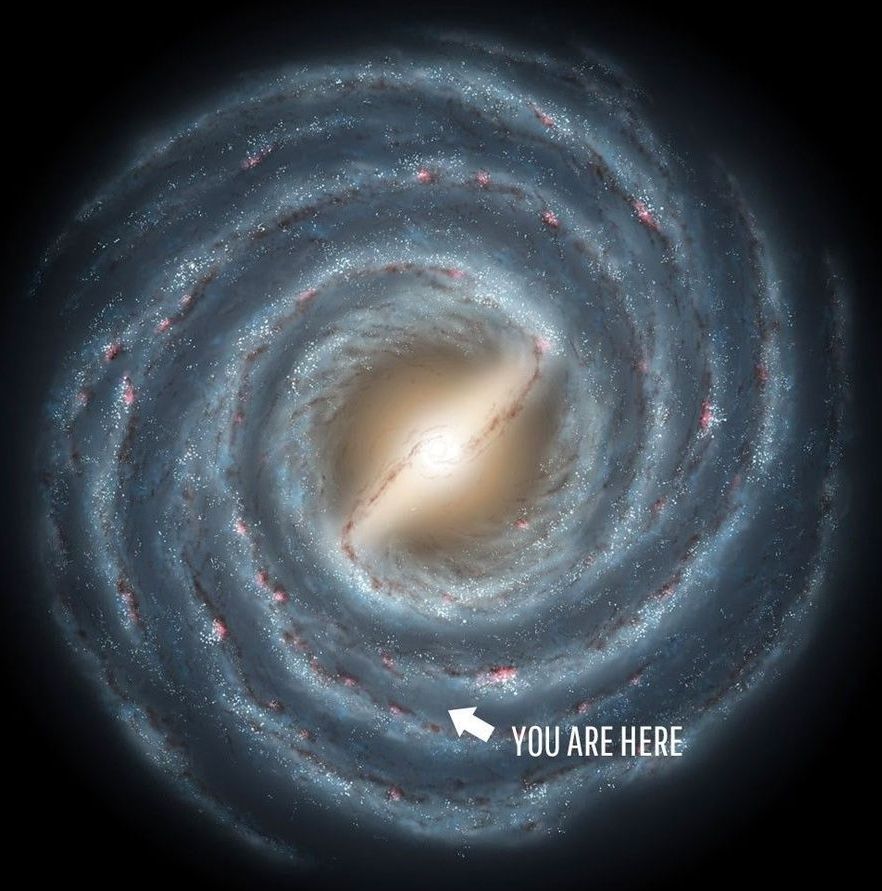
What’s at the center of the Milky Way galaxy and what would be different if Earth was positioned there?
